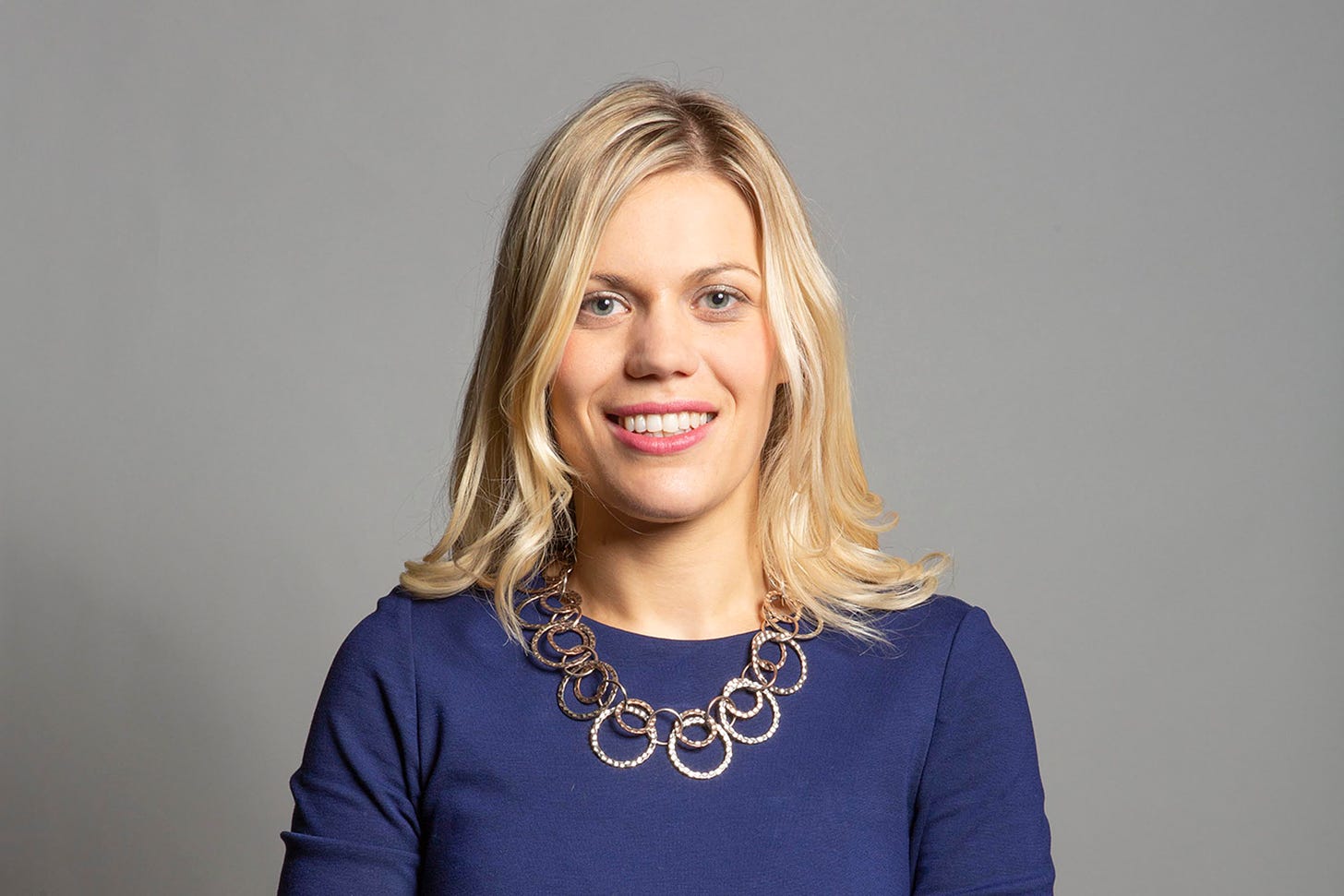Last night’s Westminster Hall debate on GRA reform ended the tactics of no debate on transgender rights. At times it was passionate; Miriam Cates was interrupted eight times in ten minutes as she argued the case for women, children, and science.
Cates was clear about the dangers,
“Self-ID could threaten these sex-based rights and row back on a lot of progress in women’s equality, but the effect on children would also be hugely damaging. We are already seeing a situation in schools and online where vulnerable young people—often girls, often same-sex attracted, often autistic—are being told that the answer to their problems is to change sex.”
Neale Hanvey pitched in to defend gay rights. He reminded MPs that he had campaigned for LGBT rights all his adult life, adding, “I was out at work before it was trendy, and I have faced down prejudice and the usual tropes in the workplace.” But he was blunt when he spoke about the current dangers facing gay men and lesbians,
“Homophobia is back, and after all the years we spent battering down those barriers, it is back at the behest of Stonewall, and it is draped in a Pride flag. If we remove sex, there can be no homosexual. Sex matters. It is a defining characteristic of who I am. Just saying that has seen me branded a hate figure, targeted for harassment and referred to by an hon. Member in this place as a homophobic b-blank-blank. I will let Members fill that in themselves.”
Further contributions by Jackie Doyle-Price, Angela Richardson and Joanna Cherry built up a strong case against self-identification of legal gender.
Ironically, their platform had been created by the very people who are more accustomed to silencing debate. But perhaps desperation is setting in? The parliamentary petition, ‘Reform the Gender Recognition Act’ reiterated the demand to jettison checks and balances because 70% of consultation responses wanted it. After gathering 137,271 signatures, the petition triggered a debate of MPs.
Appeals to popularity offer weak support to arguments at the best of times. But in the case of GRA reform, only a minority understand what is going on. A recent BBC Scotland poll found that two thirds have “not followed the debate closely,” and – while most people wanted to make gender recognition easier – they couldn’t agree on the detail.
More worryingly though, some MPs who have been following the debate seem to have developed rather odd ideas. Mhairi Black played the intersex card early. Responding to Cates, she claimed, “People often think that we have male and female, but the truth is that 1% to 2% of the global population is born intersex, which means they present characteristics of both sexes.”
Presumably Black thinks that up to one in 50 people are neither male nor female? But it was in her own speech where she perhaps unwittingly opened up an argument that could end this fiery debate, “having a gender recognition certificate … actually helps in only a handful of legal situations, such as those related to marriage, taxes and deaths. That is it.”
If it is so unimportant, then why not repeal the entire GRA? Maybe the reason why so few GRCs have been issued isn’t because the process is, in Black’s words, “unnecessary and dehumanising.” Perhaps, following equal marriage, nobody in the UK needs a GRC anymore?
The case for repeal was not made last night, but it appeared to be on Layla Moran’s mind when she interrupted Cates, “Just on a point of clarity, the hon. Lady seems to suggest in this section of her speech that gender recognition and change should not be part of our law currently. Have I misunderstood her?”
Moran – who once told her colleagues that, “I see someone in their soul and as a person. I do not really care whether they have a male body” – seems to be fully in the Trans Women Are Women camp, and she is not alone. That creedal statement was repeated last night by Luke Pollard, “I am a trans ally. I believe strongly that trans men are men, that trans women are women and that being non-binary is valid.”
But endless repetition does not turn fantasy into reality. Trans people have come under increased suspicion in recent years, but not because we live in a transphobic society. The UK is tolerant and accepting of transsexuals like me, who are valued and included. Rather, our problems have been created by those who want to switch our rights away from the material reality of our physical bodies and into to the ethereal world of feelings and gendered souls. Thankfully we now have members of parliament willing to stand up to them.
Debbie Hayton




The GRA needs to be repealed, not reformed. Sex is immutable and you can't 'trans' from one to the other. No one should have a piece of paper telling them they're now of the opposite sex. It's a fantasy.
Debbie Hayton is always great to read.
Interesting, isn't it? Miriam Cates, who studied genetics at University was challenged by Mhairi Black, an economics student, on a biological matter.